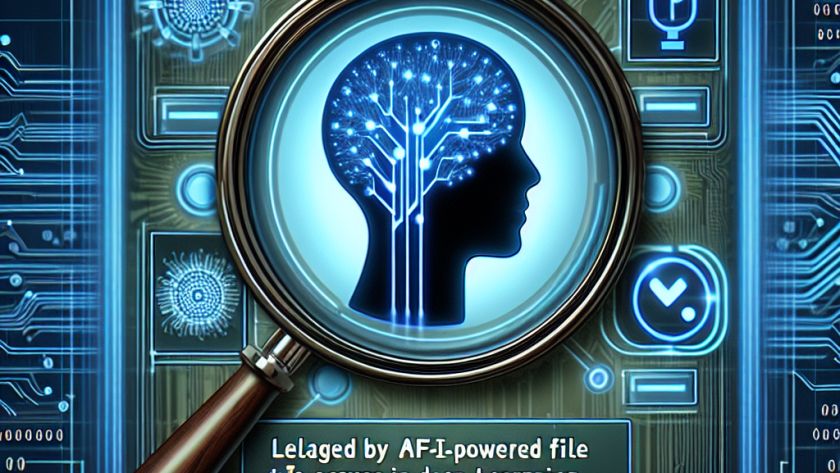Training deep neural networks with hundreds of layers can be a painstaking process, often taking weeks due to the sequential nature of the backpropagation learning method. While this process works on a single computer unit, it is challenging to parallelize across multiple systems, leading to long waiting times.
This issue escalates further when dealing with enormous…












